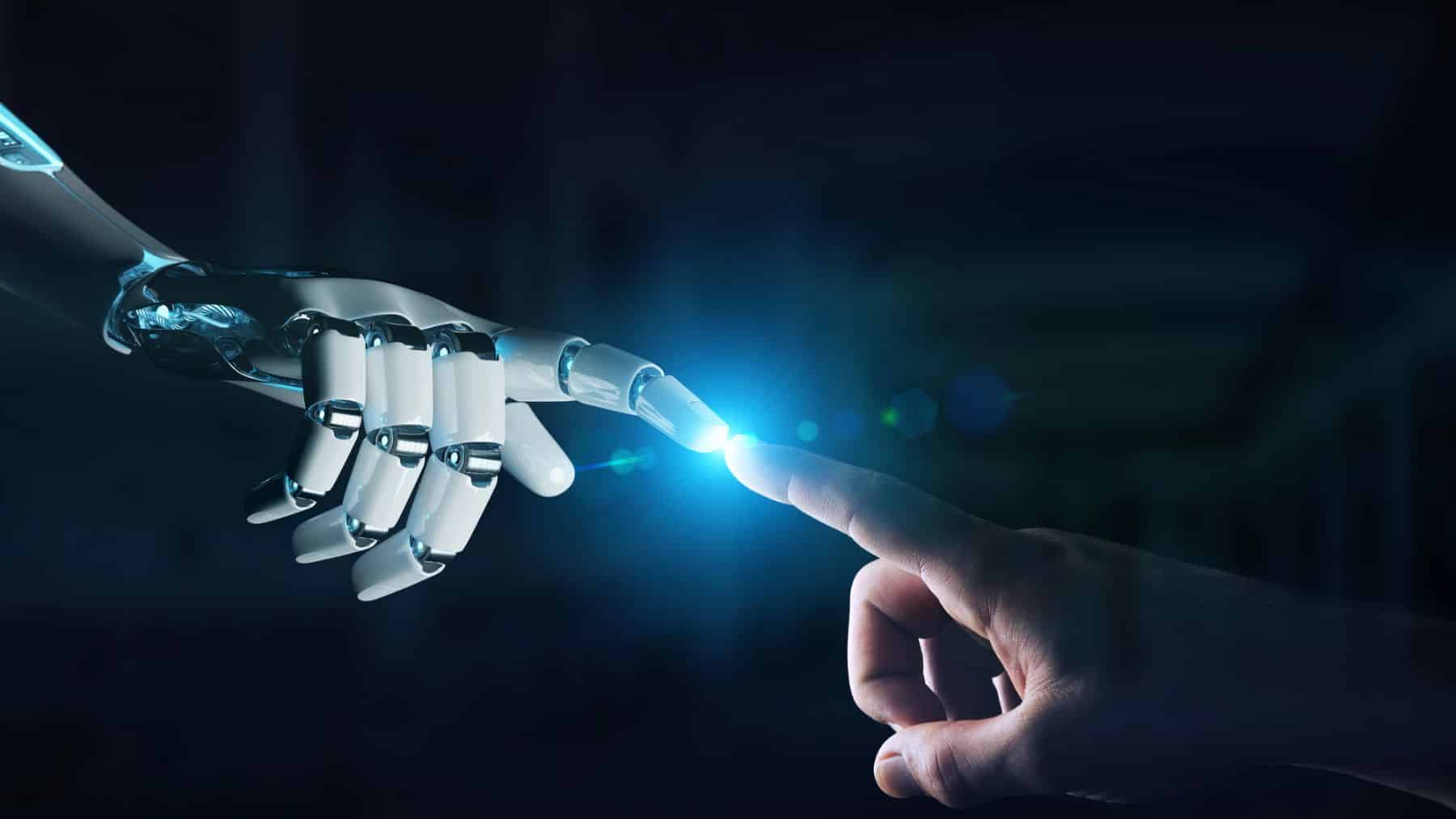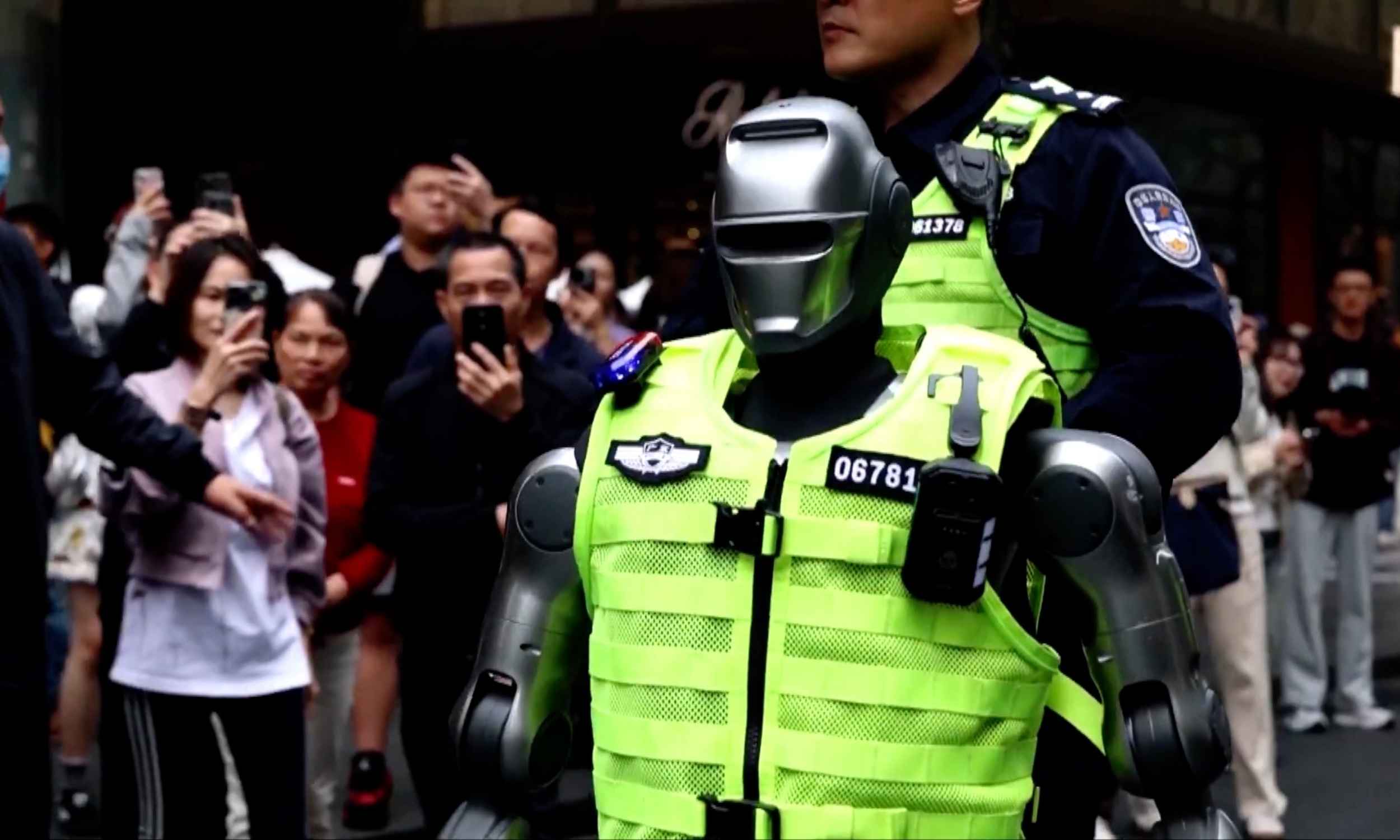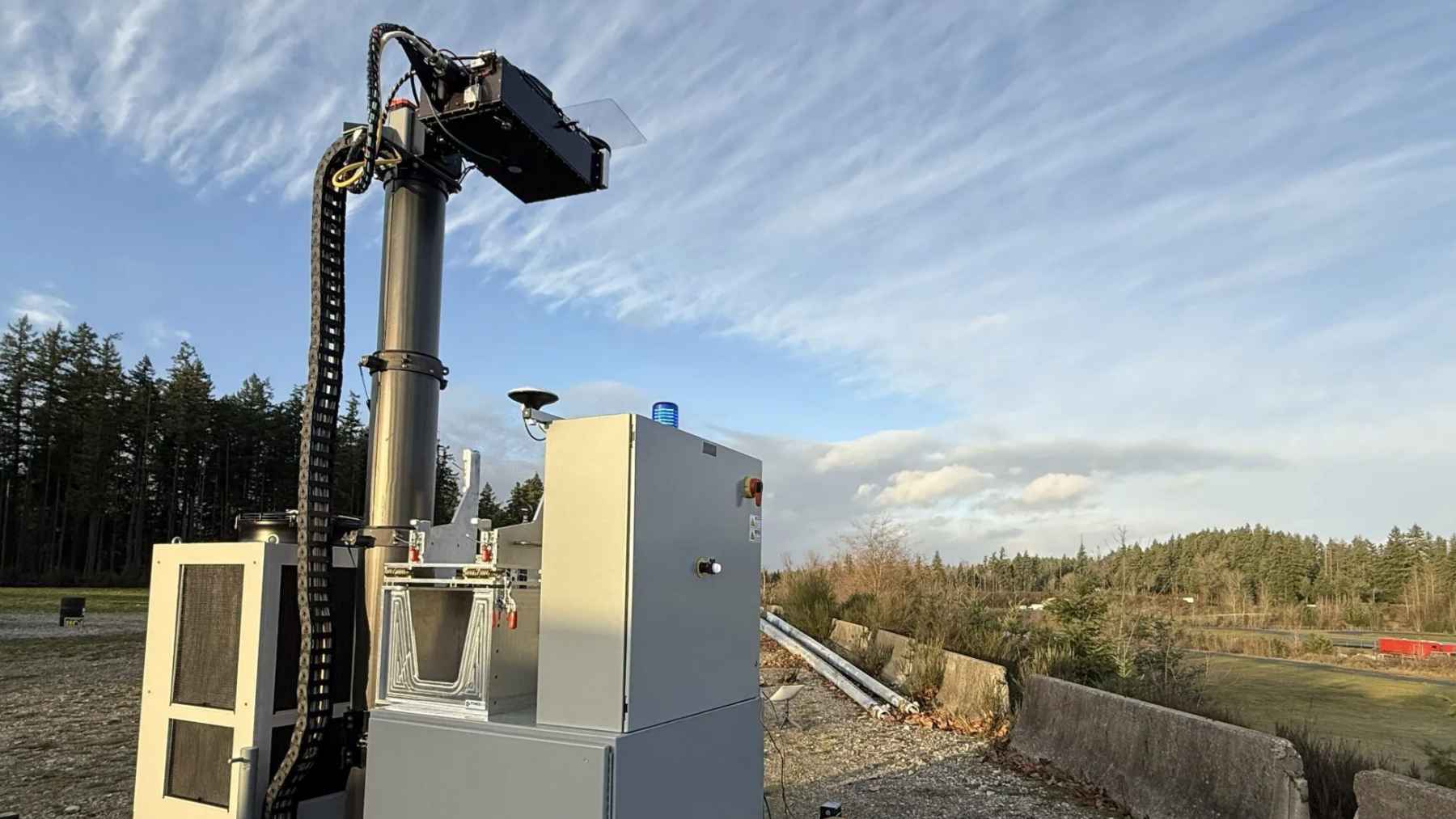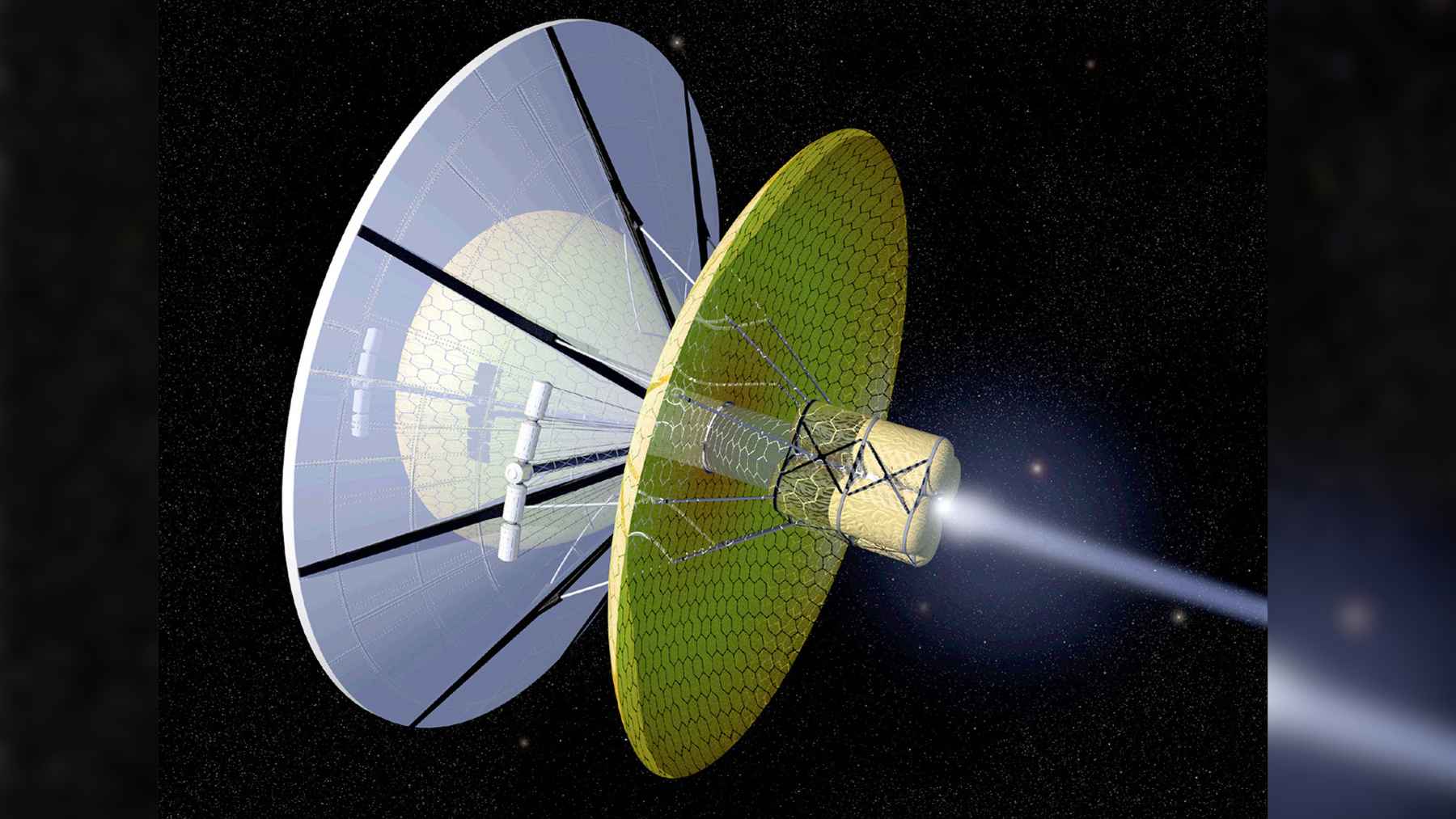Much debate and speculation exist about human-level or beyond-level artificial intelligence (AI) or technological singularity. More recent research and expert opinion have suggested that we are at or close to this tipping point than ever before. The article below explores recent research and implications for AI transcendence.
The shocking truth: AI’s evolution is faster than experts expected
The singularity has been discussed for years, and projections have fluctuated widely. A recent macro report by AIMultiple, which analyzed over 8,590 projections given by industry leaders and scientists, concluded timelines for attaining artificial general intelligence (AGI) have plummeted. The arrival of AGI had once been estimated at 2060, but recent breakthroughs put it as early as 2040 or 2030.
Large Language Models (LLMs) such as ChatGPT have ramped these projections. The LLMs have proven capabilities once believed to be at least a generation away. Some specialists are convinced we are at the cusp of achieving the singularity in just 12 months. The move speaks volumes about how much LLMs have changed the landscape for AI.
The speed at which things move in AI has thrilled and scared in equal proportions. The implications for AGI arriving sooner than we ever thought possible go beyond technology to influence economies, governance, and human nature as much as possible.
This hidden breakthrough could push AI beyond human intelligence
Moore’s Law is how computational power doubles about once every two years and pushes AI breakthroughs. Yet, as regular computing is closing in on limits imposed by physics, quantum computing is being hailed as a breakthrough. Quantum computers can execute math at breakneck speeds, possibly bridging technology discrepancies. Autonomous learning systems such as DeepMind’s AlphaZero prove that AI’s rapid transformation is real. The programs develop strategies and solve problems without human interference(like this surprising technological invention). AIs like GPT and DALL·E can produce works today as originals without human assumptions about human intellect.
Another breakthrough towards unequaled intelligibility in AI is neurostructure based upon the human brain, which makes information processing in AI efficient. By mimicking human cognitive processes, neuromorphic chips can empower AI systems to be human-like in thinking and learning. Technologies like them erase lines between human and artificial intellect and propel AGI towards reality.
What happens if AI surpasses us? The ethical dilemmas ahead
AI surpassing human intelligence raises serious questions regarding morality and philosophy. If we have superior computers, who would make major technology decisions in the future? It makes us consider who controls AI and how it can impact society. Developing ethical codes in a way that prevents things from going wrong for humanity. Experts suggest creating AI behavior guidelines compared to Asimov’s Three Rules for Robot Economy. The guidelines should be able to secure human welfare, security, and equity and secure AI for the good of society.
Another pressing issue is bias and fairness in AIs. Top-level AIs are based on enormous databases, and if databases are prejudiced, AIs can perpetuate and reinforce discrimination at a level we have not yet seen. Ensuring transparency and fairness in AIs is vital to evade unethical use. Without strict controls, AIs can be used to negatively affect vulnerable societies and perpetuate systemic injustices.
Will this new AI era bring innovation or destruction?
The singularity may have breakthrough after breakthrough in a host of different industries. AI’s capability to break down and analyze gigantic databases may lead to cures for once-untreatable conditions, breakthroughs in space exploration, and solutions for some scientific mysteries at their core. The possible breakthroughs are vast.
However, rapid AI development requires a responsible approach. Ethical governance and international cooperation(here’s another exciting, innovative news) are necessary to ensure AI benefits humanity. By balancing innovation with caution, we can harness AI’s power while protecting core human values. As a direct outcome, the economic situation would be completely different. Since AI is taking over the human brain, much of human life can be replaced by automation. Institutions and governments must consider solutions like universal basic income or jobs created by automated jobs.
Sudden advancements in AI may cause mass unemployment and financial insecurity without proactive measures. Another potential threat is warfare in the form of AI. Superintelligent AI can be implemented in autonomous weapons, and without controls, this technology can instigate weaponry build-ups and make AI one of warfare’s deadliest weapons.













